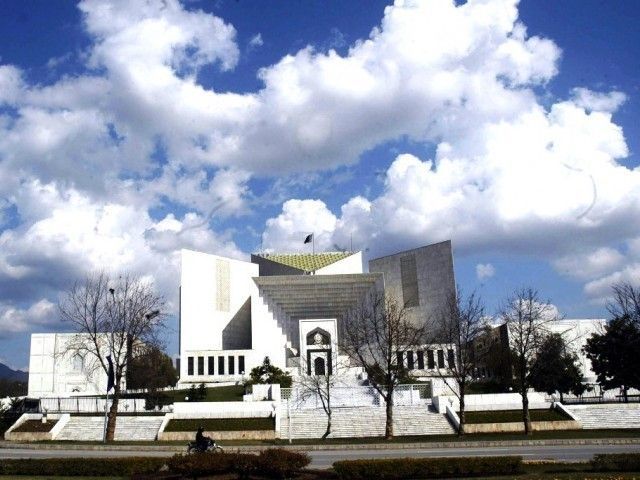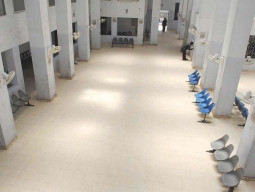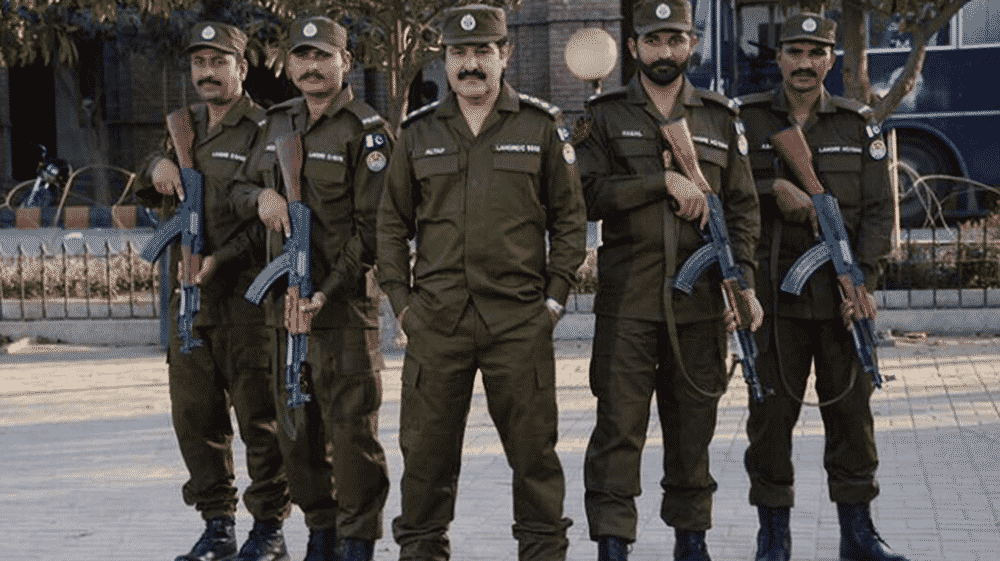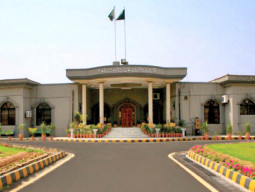
The Supreme Court has ruled that special reservist pensioners of the army were not entitled to receive a minimum pension from the federal government.
“[The] reservists comprise of reserve forces created by the Pakistan (Army and Air Force) Reserves Act, 1950 with their rules of service by the name of the Pakistan Army Reserve Rules, 1974,” read an 11-page verdict authored by Chief Justice of Pakistan Gulzar Ahmed while setting aside a Lahore High Court judgment in favour of special reservist pensioners.
“The Reserve Force of the Pakistan Army is a distinct force from the regular Pakistan Army Force created under the Pakistan Army Act, 1952. This narration itself shows that a reservist or Reserve Force is a distinct class of force from that of a regular Pakistan Army Force,” it further read.
Muhammad Sabir, the respondent, was a reservist in the Pakistan Army, and he was discharged.
He was being paid special pension payable to reservists as per the Pension Regulations of Armed Forces.
The federal government issued an office memorandum in 1988 fixing his minimum pension at Rs300 per month.
Through other memorandums, his minimum pension was increased to Rs2,000 per month in 2008, Rs3,000 per month in 2010 and Rs5,000 per month in 2013.
The minimum pension was not paid to the respondent.
He then filed a writ petition in the LHC claiming that he was entitled to be paid the minimum pension.
The LHC, through a judgment in 2019, allowed the writ petition and directed the appellants to pay the minimum pension to the respondent.
It set aside the notifications denying the minimum pension to the respondent.
A division bench of the apex court posed a question as whether or not reservist pensioners of the army could be allowed the minimum pension.
The judgment noted that in the Army Pension Code, reservists were fixed-rated pensioners.
The court also noted that the Pension Regulations of the Armed Forces had created a class of reservist pensioners.
“This class of reservist pensioners has been created on the basis that one-half of a reserve service will be counted as pensionable service in case of a person recalled to the colours or called up for active service and a person discharged from the reserve after a prescribed period of combined colour/active and reserve qualifying service of not less than 15 years will be eligible for a special pension at the rates mentioned therein,” the verdict read.
“The Pakistan (Army and Air Force) Reserves Act, 1950, provides for the creation of a division of reserve force in the Pakistan Army. By Section 6, the federal government has been given the power to make rules to carry out the purposes of the said Act, including providing for the constitution of, and the appointment or transfer of any person as a reservist to the reserves, to regulate the pay and allowances of a reservist, and to provide for and regulate the gratuities or compensation, if any, to be paid to reservists or any category of reservists or to any dependents of reservists.”
The court noted that pursuant to the Act, the Pakistan Army Reserves Rules, 1974 were made.
“Rule 3 of the rules provides that all the reservists other than junior commissioned officer shall be subject to the Pakistan Army Act, 1952 and the rules and regulations made thereunder only when called up by the competent authority for service in the army or for training,” the judgment read.
“Rule 11 thereof deals with the pay and allowance during training and recalled army service and provides that pay and allowances to which a reservist is entitled shall be admissible from the date on which he leaves his place of residence or employment for the place of training or duty up-to-the date of his return to his residence or place of employment on completion of duty or training, provided that he has no entitlement of pay and allowances for the period of the journey from the other source, government or semi-government,” it added.
The court noted that the first office memorandum issued in 1988, specifically provided that “no gross pension of a retired government employee, including those paid from Defence Services Estimates as sanctioned under the rules, would be less than Rs300 per month”.
It added that the remaining three office memorandums had been issued in continuation of the first one because they specifically and respectively made reference to the earlier one.
“This means that the condition or conditions mentioned in the first office memorandum have to be read in the remaining three office memorandums. This is also so because the subject of the first office memorandum was “minimum pension” and the remaining three also deal with the same subject i.e. “minimum pension”.
The court noted that the respondent, being a fixed-rated pensioner, was not entitled to the minimum pension, for that, the scheme of minimum pension did not fit, in the scheme of fix-rated pension.
“We also note while announcing minimum pension by the office memorandums, the federal government did not change or alter the fixed rates of pensions of reservists as prescribed by the Army Pension Code. As from time to time the Army Pension Code has been amended by the federal government and the last mentioned amendment appears to have been made in 2010, where army reservists are shown to be entitled to fix rate of special pension.”
Inaam ur Raheem, the lawyer who appeared on behalf of special reservist pensioners before LHC and won the case, expressed serious concern over the SC ruling which would affect hundreds of pensioners of this category.
He said they would definitely approach the apex court against this judgment.


1725612926-0/Tribune-Pic-(8)1725612926-0-165x106.webp)















COMMENTS (1)
Comments are moderated and generally will be posted if they are on-topic and not abusive.
For more information, please see our Comments FAQ